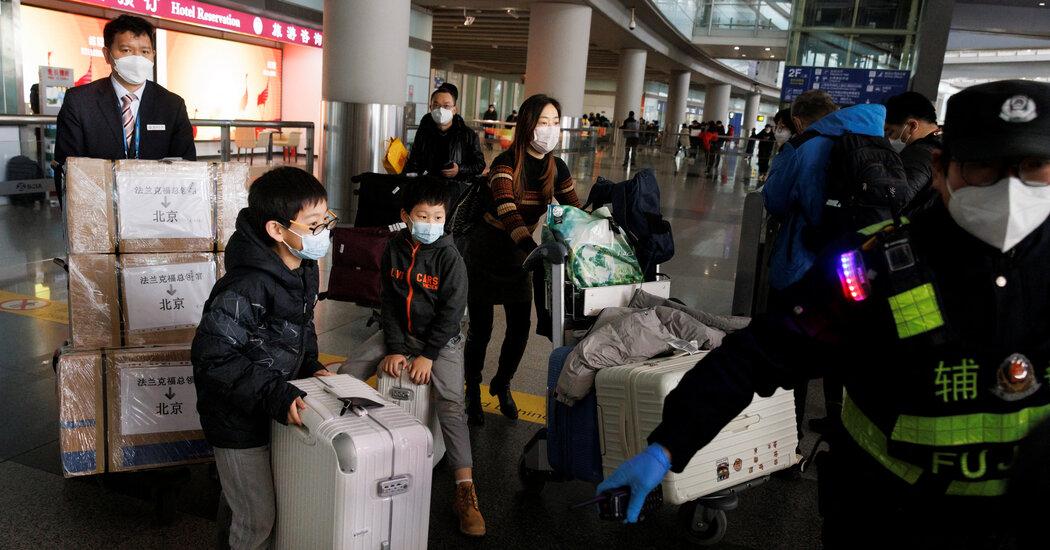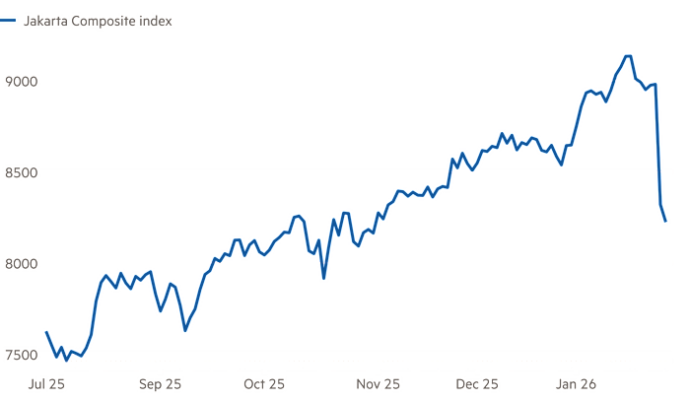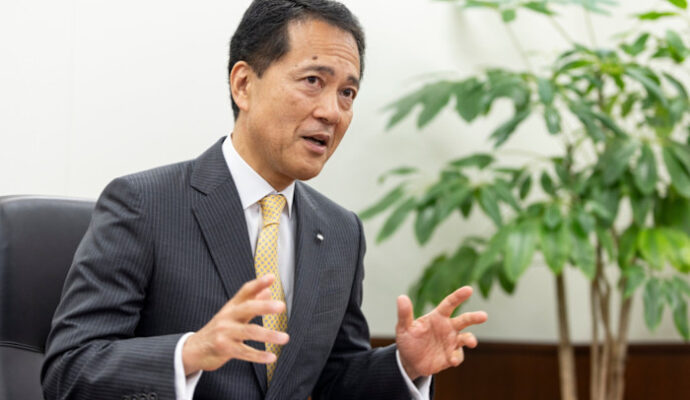
Tao Siliang, a member of China’s Communist elite, recently criticized Sima Nan’s attacks for contradicting the party’s new direction. On Thursday, Weibo, a social media site, moved quickly to shut down or suspend more than 1,000 accounts, including that of a prominent nationalist, Kong Qingdong, for waging personal attacks against experts and scholars.
“At this moment, what we need most is to abide by the 44-year-old parable: ‘Look forward in unity,’ do not challenge, tear apart, especially denounce or abuse,” the official newspaper of Zhejiang Province, in China’s east, wrote in a recent editorial.
But some “zero Covid” defenders, apparently disillusioned by the turn of events, rejected the call for conformity.
“Please tell me, why do I have to unite?” read a post that was liked 30,000 times and was written by a blogger on Weibo who described losing an uncle to complications caused by Covid. “On what basis should I be forced to accept the lone societal argument that everything is going great?”
Some see the opposition to reopening as mostly posturing by online personalities interested in attracting more followers, and predict that the anger will blow over once outbreaks peak and pass, and the economy recovers.
To Wu Qiang, an independent political analyst in Beijing, the online backlash is a sign of a deeper challenge to Beijing. Mr. Xi’s New Year address, he said, was a “rare recognition that he is facing objections, criticism and dissatisfaction inside and outside the party.”
At the same time, Mr. Wu said, Mr. Xi’s “zero Covid” policy of top-down control pushed people to question the party’s authoritarian approach, fanning a new political fervor that could, over time, gain momentum. “In some ways, if you look at things from the vantage point of the future, the current ‘lying flat’ faction is a broad foundation for a future Chinese opposition party,” Mr. Wu said.


